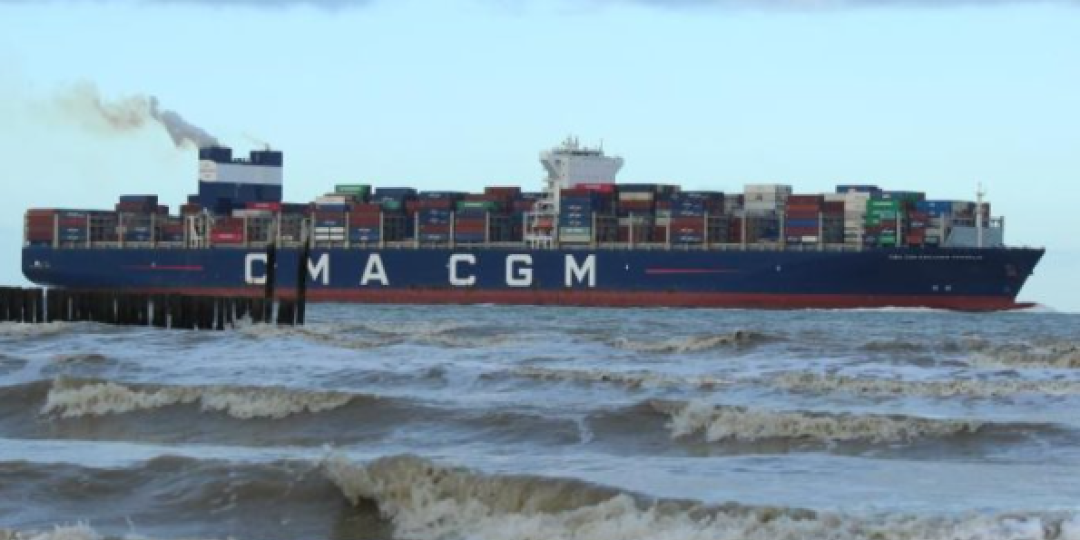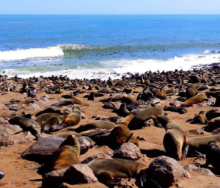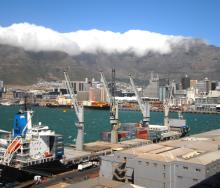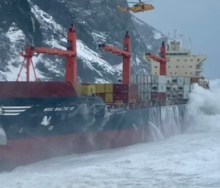The Port of Cape Town lost more than 70 hours of operational work time due to last week’s gale force winds and heavy rain, the latest Cargo Movement Update (CMU) reports in its July 16 assessment of national logistics.
The CMU assessment follows a day after President Cyril Ramaphosa told a Climate Resilience Symposium in Pretoria that the Mother City’s port shutting down because of extreme weather posed a major challenge to the country’s trade interests, especially when time-sensitive fruit exports are at risk, as is currently the case.
The CMU, compiled every week by the South Africa Association of Freight Forwarders (Saaff) and Business Unity SA (Busa), also found that “strong winds and vessel ranging also caused extensive delays in the Eastern Cape”.
Although conditions have abated, more bad weather has been predicted following last week’s stormy conditions in which a container vessel operated by CMA CGM, the Benjamin Franklin, apparently lost 44 containers overboard off the Cape coast.
A further 30 boxes were damaged because of on-deck container movement.
The country’s busiest container port was also not spared, with equipment breakdowns and shortages persisting at Durban.
Here too, gusty conditions caused operational delays.
On Friday it was reported that box ships waited 189 hours on average to enter the Port of Durban.
Saaff and Busa reported that only 50 straddle carriers were in service at Durban Container Terminal Pier 2 by last week Wednesday.
It confirmed decreased capacity week-on-week, as the week before last, 55 straddles were in operation.
The dwindling amount of straddles in operation is in stark contrast to the number on hand at the port, namely 67.













